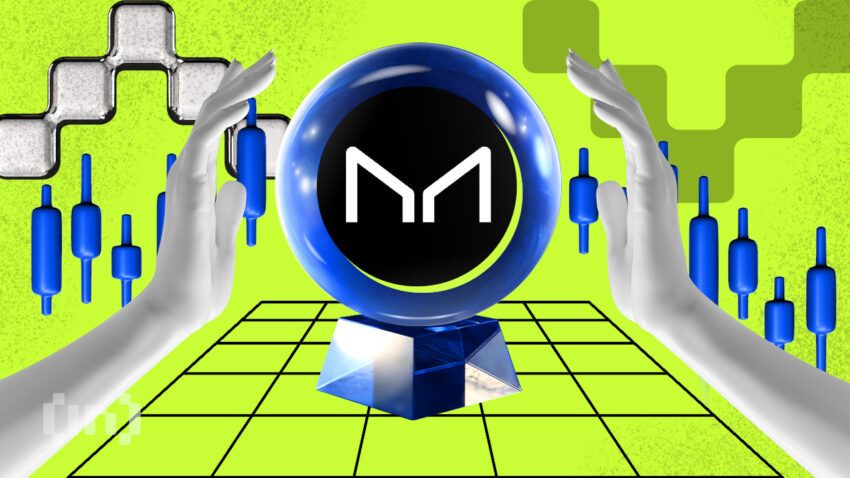The Maker Decentralized Autonomous Organization (MakerDAO) is on track to approve a set of governance proposals. Somewhat controversially, these will enforce the anonymity of delegates.
As of Sunday afternoon, the proposals were well ahead in the poll with over 88% of votes in favor of approving the changes. The vote is set to end on Monday.
MakerDAO Backs Anonymous Governance
In the Maker ecosystem, MKR holders are eligible to vote on protocol changes. But they can also delegate their vote. These delegates function like politicians. The more MKR holders they can convince to hand over their votes, the more power delegates hold.
As part of changes to the MakerDAO voting mechanism championed by co-founder Rune Christensen, delegates will be banned from publicly revealing their identity. Any delegate found guilty of doing so would lose out on payments they normally receive.
What’s more, in order to help identify infringements of the rules, a whistle-blower bounty would award half of the sacrificed payments to anyone who helped identify breaches of anonymity.
In comments on the MakerDAO governance forum, Christensen argued in favor of enforced anonymity. He said the new rules will prevent delegates from unfairly capitalizing on their voting power.
“The point is that it should not be possible for potential attackers, bribers, etc to know which companies or people to target,” Christensen wrote.
Enforced anonymity would help prevent people from using “real-life personal connections or social politics to accumulate power,” he added.
Some Delegates Resistant to Changes
Ultimately, it looks like the new rules will pass with a majority vote. But the idea of enforced anonymity is not without its detractors.
For example, a Maker community member known as CodeKnight has pointed out that the bounty system risks inviting doxxing. Because it rewards those who expose infringements of anonymity rules, the proposal could encourage people to dox delegates, they explain.
Such a move “will create an environment where people are suspicious of each other and collaborative activity is risky,” they argue.
They go on to state that delegates may unintentionally expose their identities. As CodeKnight puts it, enforced anonymity may penalize more active delegates simply because they have more opportunities to make mistakes.
Disclaimer
In adherence to the Trust Project guidelines, BeInCrypto is committed to unbiased, transparent reporting. This news article aims to provide accurate, timely information. However, readers are advised to verify facts independently and consult with a professional before making any decisions based on this content. Please note that our Terms and Conditions, Privacy Policy, and Disclaimers have been updated.


